Yang Hengjun: of democracy, diplomacy - and disappearance
Australian citizen and writer Yang Hengjun is the latest victim of China’s high-stakes politics of paranoia, writes Paul Toohey.
World
Don't miss out on the headlines from World. Followed categories will be added to My News.
His former wife in Sydney, who has two sons with Yang Hengjun, has gone into a state of panic. She will not pick up the phone or agree to interviews. It is a telling statement on the fear that China wields far beyond its borders, deep into the suburbs of Australia.
Yang, 53, an Australian citizen, was seized by Chinese authorities as he landed in Guangzhou last Saturday, along with his second wife and stepdaughter. He is probably the best-known Chinese-Australian ever, with millions following his writings in mainland China.
NICK CATER: Neighbourhood bully ratchets up repression
He is also an enigma with an intriguing background who made the mistake of testing the Chinese government — and, as the Crown Casino employees working illegally in China found out in 2017, it does not like to be tested.
Yang flew to his original homeland because his US visa was expiring and he was awaiting new visas for his wife and stepdaughter so they could move to Australia with him.
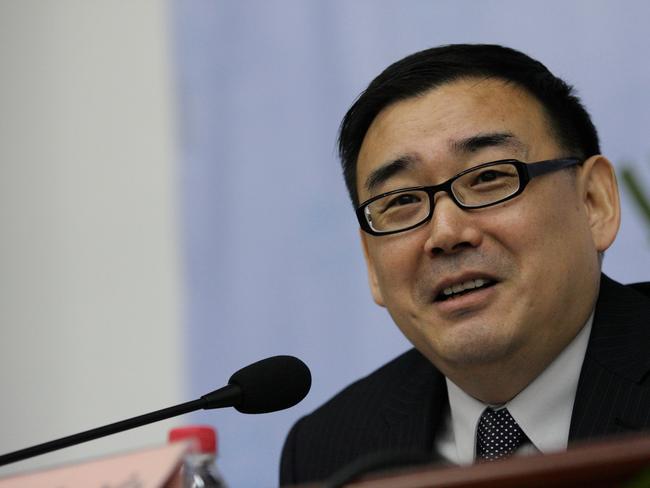
BID FOR FREEDOM
Yang, who lives to write, came to Australia in the early 2000s, seeking to break free from the harsh censorship of China.
From Sydney, he became a prolific anti-China blogger, critic and commentator, and completed his PhD at the University of Technology Sydney which asked whether knowledge of the outside world learned from the internet would cause Chinese to rise up and overthrow the communist government.
China answered that by fire-walling its cyberspace, including Yang’s work. He has become the latest victim of what his supporters call “hostage diplomacy” — whereby foreigners are detained at China’s displeasure.
RELATED: How China is building the perfect dystopian empire
In this case, China is hitting back over the detention in Canada, at US Justice Department request, of senior Huawei official Meng Wanzhou, who is accused of breaching sanctions by doing business with Iran. Meng’s arrest in early December brought an instant response from Beijing.
Thirteen Canadians have since been detained in China on various charges, including “endangering state security”. One of them, Robert Schellenberg, a convicted drug smuggler, abruptly had his original 15-year sentence upgraded to death.
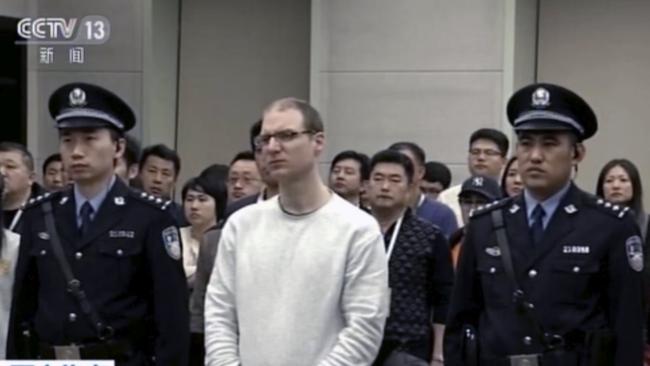
HUAWEI BACKLASH
The arrest of Yang, reportedly after 10 security officials descended on him while he and his family were awaiting a connecting flight to Shanghai, could well be linked to the Australian government’s attitude to Huawei.
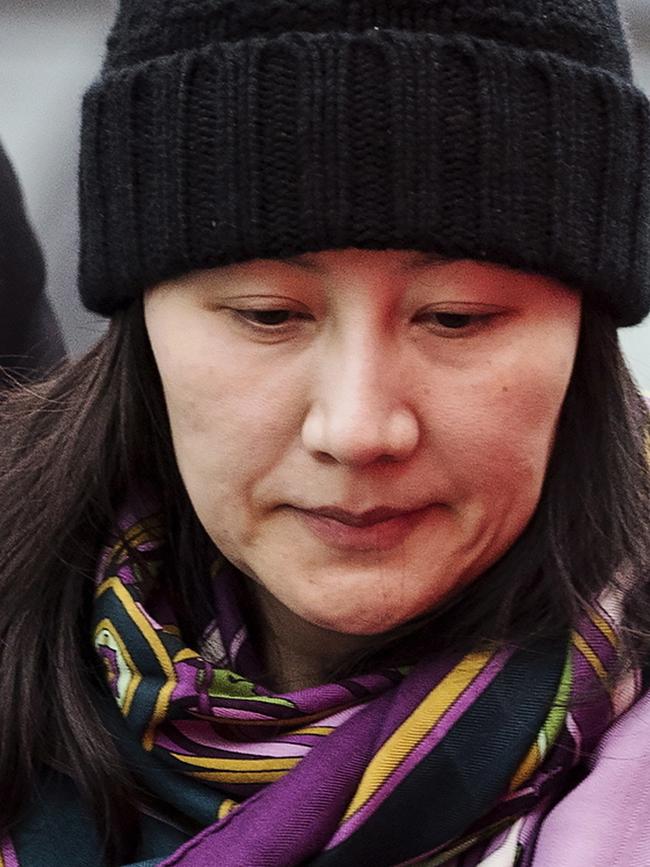
China’s flagship telecommunications company operates across the globe but has come under suspicion from the US, the UK, Canada, NZ and Australia as being a Chinese-run espionage agency, potentially fitting its equipment with Trojan horses.
RELATED: Seized Aussie’s tale of shattered illusions
Australia has banned Huawei and ZTE from the forthcoming 5G network — though it has never actually named either company, in order to try and keep a lid of China’s anger. However, Huawei outed itself in a statement, and Australia’s diplomatic pretence could not shield the insult.
It is so far not clear that Yang has been charged with espionage, as reported, with a Chinese foreign ministry spokesperson saying: “According to our understanding, the Australian national Yang Hengjun was suspected of engaging in criminal activities endangering China’s national security.”
The doublespeak could equally refer to anger at his writing. He worked under the name “Democracy Pedlar” and his Sydney-based friend, Professor Feng Chongyi from UTS, said at one point Yang had broken through mainland China’s firewalls to spread his work.
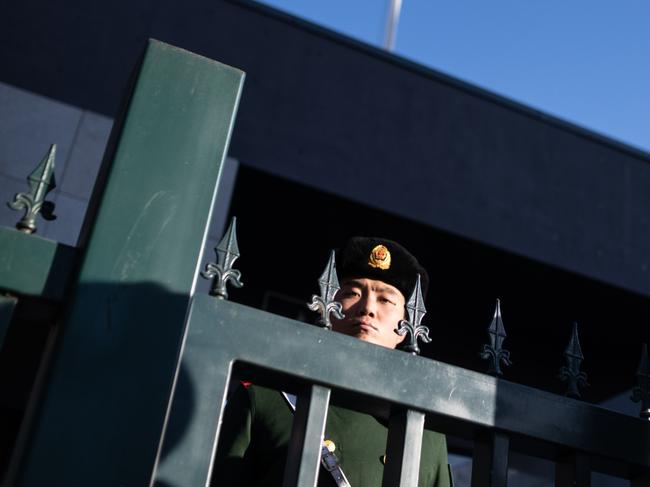
INCONVENIENT TRUTH
In 2016, he warned a mainland uprising was underway, saying that “hundreds of millions of Chinese who are struggling to survive will bring all those officials, from a minister to a local mayor, to public humiliation, if not the guillotine, without any hesitation”.
Defence Minister Christopher Pyne, who landed in Beijing on Thursday to sign an MOU on combating illegal trade with China’s Minister for National Defence, General Wei Fenghe, said he had belatedly learned Yang had been placed under “residential surveillance” at a secret location in Beijing, and had been five days without access to consular assistance.
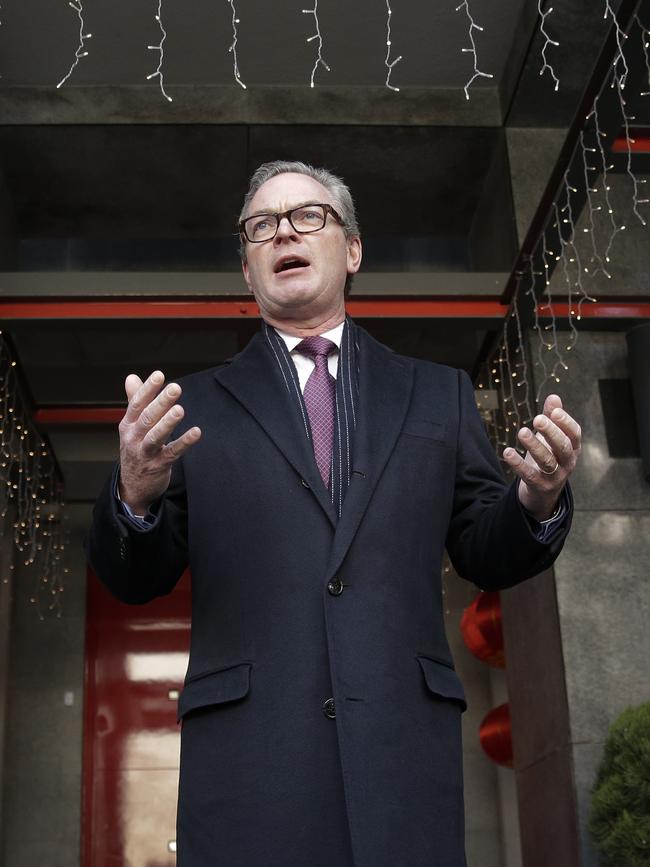
Late Friday night, news came through that staff from the Australian Embassy in Beijing had finally been allowed to visit Mr Yang.
That Yang had not been thrown in a dark hole may be some cause for relief, however it also raises the prospect that China sees Yang as a bargaining chip.
In 2009, as Yang’s popularity as a blogger reached great highs, he gave insights to the Hong Kong-based China Media Project about his life. He had written a poor-selling spy novel trilogy but found a huge audience writing from Australia about China’s military affairs, national security and politics.
The interviewer said Yang had a mysterious past in China and some “speculated that he must be a spy.”
Yang responded: “That’s right, I used to work inside the system. I was in the Ministry of Foreign Affairs for twenty years, and I also worked in politics and law and other systems. Professional ethics demand I keep quiet about exactly what I did at the Ministry of Foreign Affairs.
RELATED: ‘Very concerned’ - Australian admiral on China
“But what does writing a blog have to do with what I did in the past? I have friends who are policeman, national security guys and foreign ministry people at the ministerial level, and they write blogs too. They too write their suggestions as citizens, and their ideas are much like mine. It’s just that no-one reads them.”
He once described himself as an angry young man who loved his country but his work as a minor diplomat travelling abroad changed his ideas. “The Western core values of democracy and freedom, good. Bringing them to China, good,” he said.
By some accounts, Yang had backed off on his criticisms of China and believed he was no longer seen as a threat.
A Melbourne-based friend said that Yang’s detention could be a “combination of two things: it has the effect of shutting down the conversation by scaring people; and he’s now a hostage as things get tougher between China and western world.”


